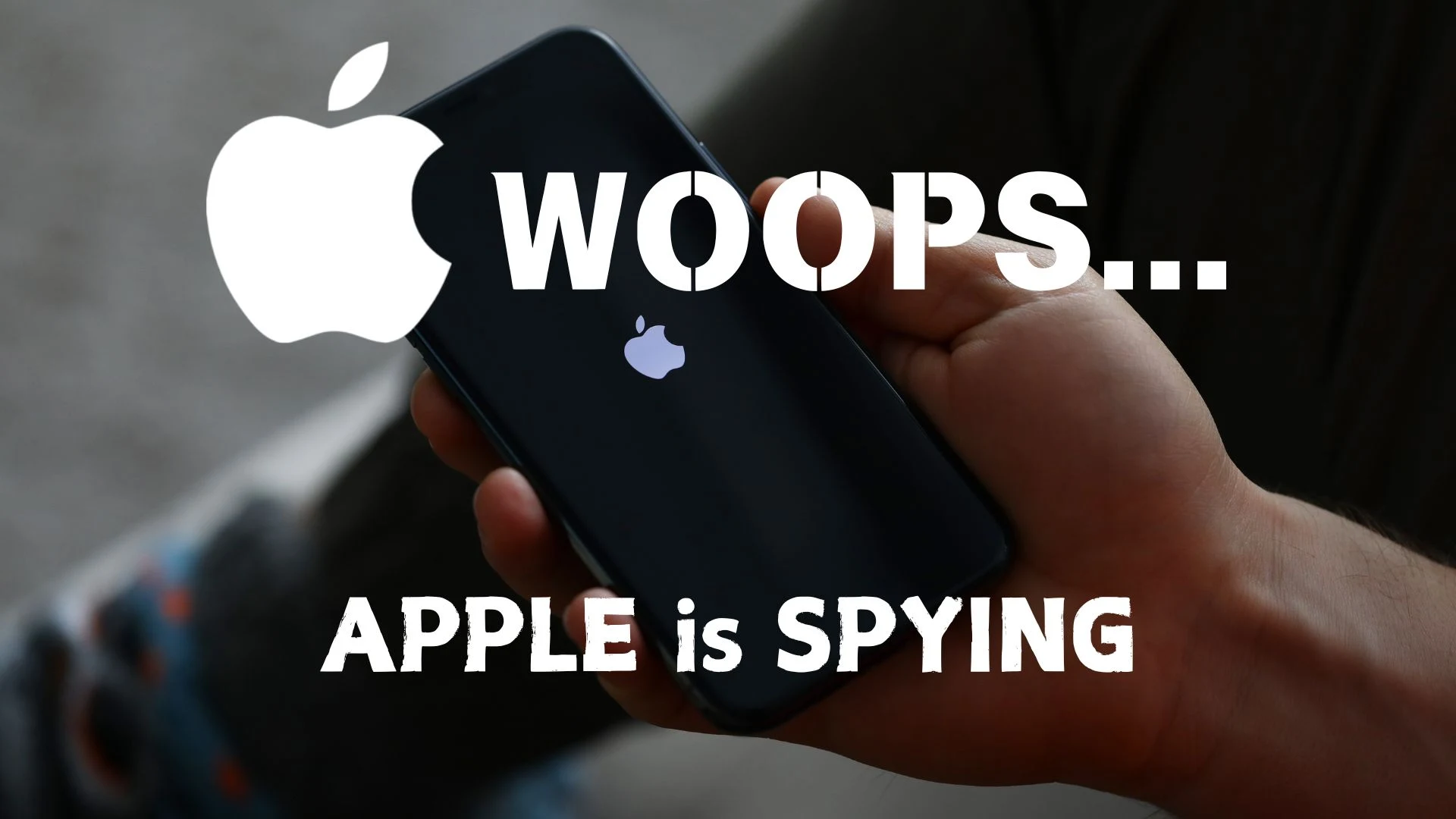Latest Developments in the Siri Lawsuit
Apple's ongoing legal troubles regarding its virtual assistant Siri have reached a significant milestone with a proposed settlement of $95 million. This settlement responds to a class action lawsuit filed in 2019, which accused Apple of eavesdropping on users through Siri by inadvertently activating the assistant and recording conversations without consent.
Background of the Case
The lawsuit was sparked by a whistleblower's revelations reported by The Guardian, highlighting instances where Siri and Apple Watch devices recorded sensitive conversations, including private medical discussions. Plaintiffs argue that these practices contradict Apple's public commitment to user privacy, famously championed by CEO Tim Cook as a fundamental human right.
Allegations Against Apple
Despite the proposed settlement, Apple maintains that it did not engage in any wrongdoing and insists that Siri data has never been used for marketing purposes or sold to advertisers. The allegations center on claims that Siri would sometimes activate without user prompts, leading to unintended recordings. Some of these recordings were allegedly sent to third-party contractors, raising serious privacy concerns.
Compensation for Affected Users
Eligible users who owned Siri-enabled devices from September 2014 to December 2024 may claim up to $20 per device. However, it is estimated that only 3% to 5% of affected consumers will file claims, potentially limiting the total payout. This settlement is notably small compared to Apple's substantial profits over the same period, which exceed $700 billion.
Broader Implications for Digital Privacy
Legal analysts suggest that settling allows Apple to avoid the risks associated with a trial that could have resulted in much larger financial penalties for violating privacy laws. The implications of this lawsuit extend beyond Apple, as similar allegations have emerged against other tech giants like Google.
Conclusion: The Need for Robust Privacy Regulations
As society grapples with the realities of digital privacy, this case underscores the urgent need for robust regulations to protect users from potential surveillance and unauthorized data collection practices by technology companies. Privacy remains a fundamental concern in our increasingly connected world, and accountability is essential for maintaining user trust.

